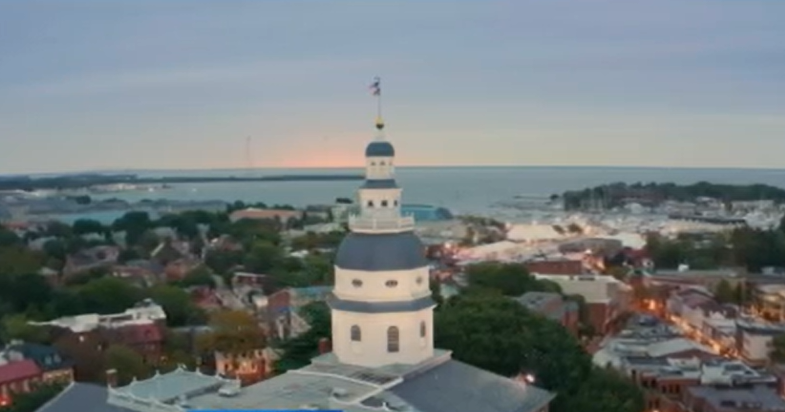With Title 42 ending, Minnesota organizations prepping for more migrants to make their way north
MINNEAPOLIS -- On Thursday, the Title 42 immigration policy ends and local organizations are bracing for an increased need for asylum seekers to eventually make their way to Minnesota.
The controversial pandemic era policy was enacted in March 2020 and allowed border agents to automatically turn away migrants at the border without documentation, even those seeking asylum, in an effort to prevent the spread of the coronavirus.
Local nonprofits like the Minneapolis-St. Paul chapter of the International Association for Refugees say Minnesota won't see a direct impact right away, but eventually some of those crossing the southern U.S. border seeking asylum will make their way north.
IAFR runs Jonathan House, which provides supportive housing to asylum-seeking refugees in the Twin Cities.
The nonprofit started its local branch five-and-a-half years ago and last year alone 148 people asked to come live at Jonathan House, but organizers said they were only able to help 5% of that need.
READ MORE: Mexico will increase efforts to stop U.S.-bound migrants as Title 42 ends, U.S. officials say
Bethan Ringdal is the ministry leader for the local chapter and said so far they've received 79 requests for housing this year, none of which they've been able to grant because of the lack of space.
"One of the challenges for asylum seekers really across the country and especially in Minnesota, there are no large scale solutions," she said. "It's only scrappy nonprofits, it's communities of faith, it's caring neighbors who are helping these folks who are not only just acclimate to a new culture but actually through a real period of difficulty when they're not legally allowed to work while they seek refugee protection."
She said the need is growing and more help is needed for these people escaping persecution in their home countries.
"Frankly, all of the organizations working in this space are pretty much working at capacity right now," she said. "So our organization is dreaming big dreams about how to make a larger scale response and we would invite the whole community to dream that with us and to come and participate, but right now if you ask will you be able to house more people who are coming through the border, the answer is we do not have openings."
The average stay at Jonathan House is roughly 18 months, but the current average wait time for an asylum application to be processed is more than four years.
Another organization, the Minnesota Interfaith Coalition on Immigration (ICOM) said they are also anticipating the need to grow dramatically.
The nonprofit relies heavily on volunteers and leaders are currently looking to future fundraising and grant opportunities to help them expand their hours and build up their financial reserves to be able to provide support for things like housing, legal fees, and transportation.
They said most of the clients they work with are able to get jobs and contribute to the local economy within the first year of receiving help.
They said many asylum seekers who come to Minnesota arrive without basic necessities of food, clothing or shelter and housing is by far the most difficult resource to secure.
WCCO legal contributor Joe Tamburino said it could be even more difficult in Hennepin County because of a specific policy.
"Hennepin County has a policy where they will house crisis homeless people," Tamburino said. "They will give them housing. Not many places are like that. New York City is like that where if they have families, whether they're here illegally or legally, who need housing there is a policy that you're going to get immediate housing. So of course that could place a burden on counties like Hennepin."
Currently about 10% or roughly 500,000 people of Minnesota's population is made up of immigrants.







